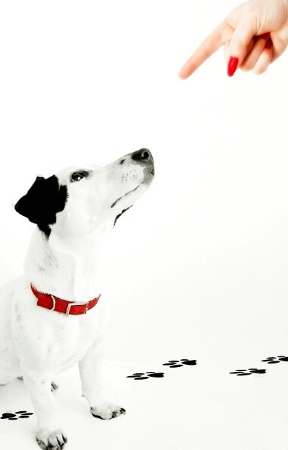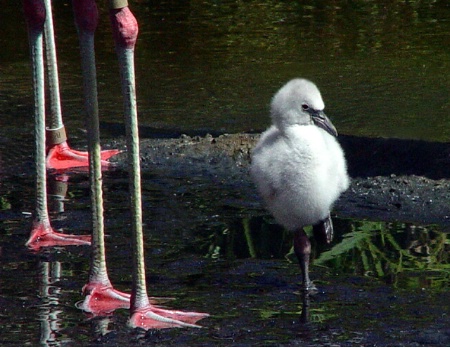How to Caption Your Photo: Contest Guidelines for Best Titles and Descriptions

Somebody's In Trouble
© Shelley Sanders
|
Although the images are judged primary on the quality of the photo itself, the judges
do see what you write in the title and description. Therefore, it is a good idea
to put some thought into what you write as the caption to your photo.
The following few tips will help you if you get stuck on the title and description
fields when uploading a photo into the contest.
Be Specific
The judges especially like to see
detailed descriptions of the
equipment and techniques used, notes that are true and helpful to the beginner trying
to learn the art. Accurate and specific names of places, animals, plants, and things
is very helpful. However, we do understand that sometimes these names are difficult
to obtain. So don't sweat it if you don't remember and cannot find out the Latin
name for a bluebird. Also, to protect their privacy, do not specifically name people.
Be Professional
Avoid personal pleas to win, misleading or vague comments, or severely inaccurate
information. Keep your descriptions professional, kind, and family friendly.
Be Honest
If you photograph an animal in a zoo or "rent-a-beast" park, for example, volunteering
this information in the description will not hurt your chances in the least. In
fact, it may help by giving credit where credit is due.
Along the same lines, do tell when you do a substantial amount of work to the image
in a digital image editing program like Photoshop. We understand that sharpening
and removing dust and scratches with the Clone tool is par for the course. That
is not the kind of technique we are concerned about. We are concerned about dramatically
changing a photo digitally. For instance, be forthright when you have used such
tricks as the Flood filter or have created a composite out of two or more images.
While digitally manipulated entries are allowed in the contest, we strongly encourage
you to note your digital technique in the description of your photo.
The judges do not discriminate against digital images but do appreciate when the
contestant honestly and openly admits that such digital image editing has occurred.
Use a Spellchecker
Need I say more? If you do not yet know the joys of a spellchecker, look into it.
Once you've tried it, you nevur go back (that's a joke).
And Now, The Tip You've Waiting For... Drumroll Please...
As a final note - and this is a tip that will help you "sell" your images everywhere
in the world, whenever an opportunity presents itself -
avoid talking bad about
your photo, saying things like "I know this isn't the best, but I thought
I'd try anyway." Selling yourself short in this way never helps. Why would a judge,
photo editor, or art buyer choose your image if you don't like it yourself?
Therefore, take a confident stance and talk about your images in positive terms.
If you are unable, then just stick to the specific details about your camera, the
techniques involved, and your subject matter. And remember - humor never hurts.
Allowing yourself to be creative, fun, and friendly with your titles and descriptions
will take you a long way and make the journey all that much more enjoyable.

When Will I Turn Pink
© Janet Pedersen
|
So, if you have gotten all your titles and descriptions written and feel ready, enter today.
Thanks again for your interest in the BetterPhoto.com Photo Contest.

